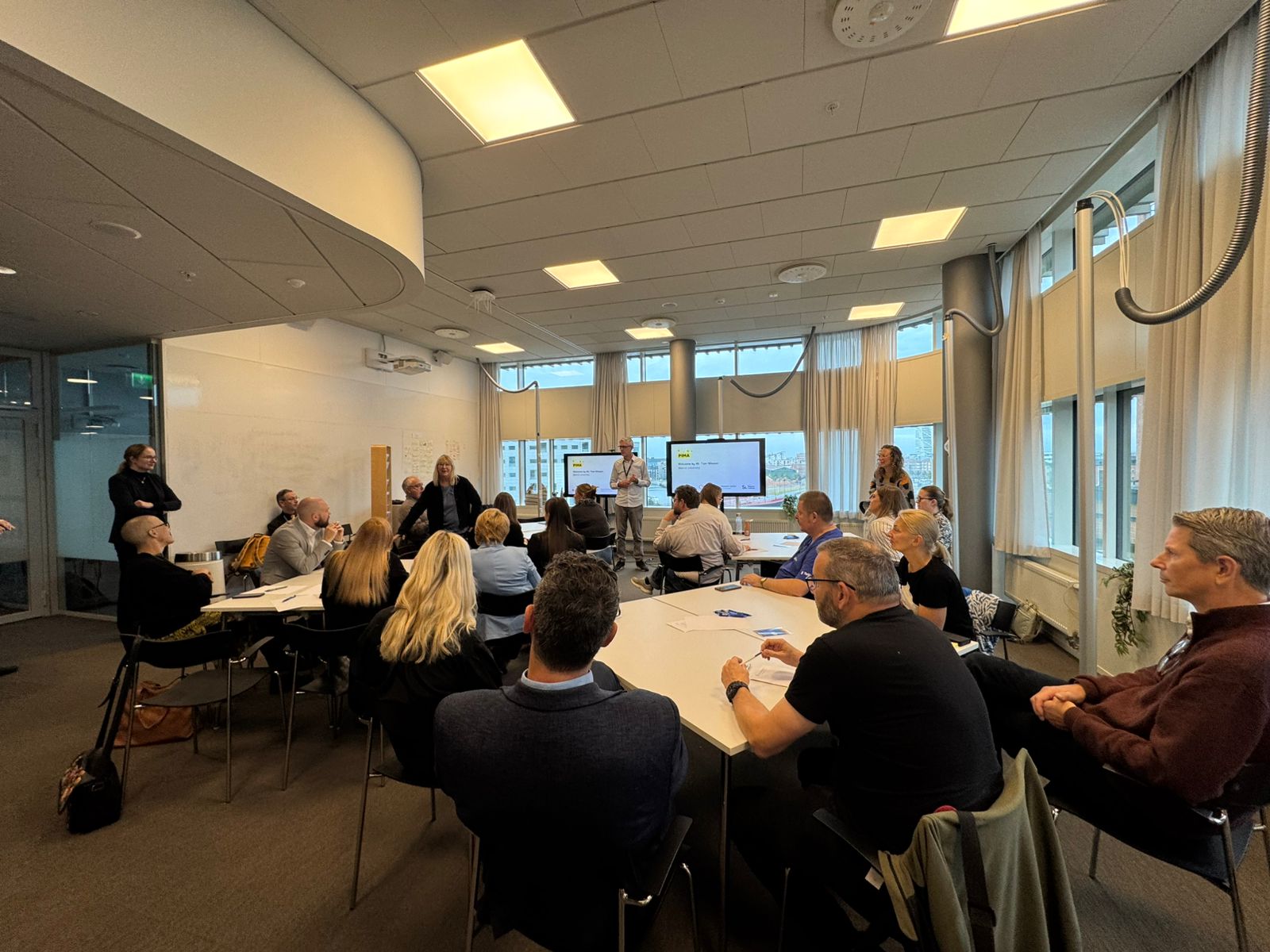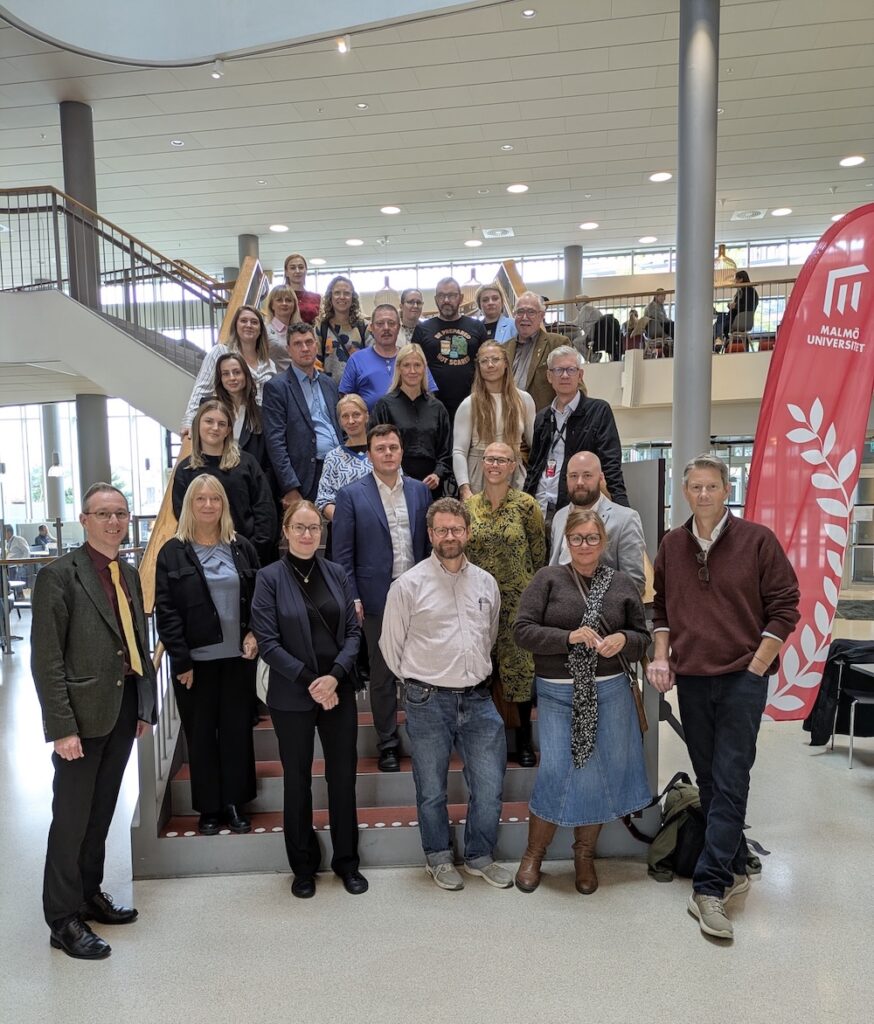
PIMA CONFERENCE | Resilience hubs and empowering communities need our attention
On October 21, crisis managers from Swedish, Ukrainian, and Estonian municipalities gathered at Malmö University for the final conference of the Points of Invincibility for Multi-level Adaptation (PIMA) project. Participants agreed that cooperation on supporting communities in times of crisis is vital, and that Ukraine’s Points of Invincibility initiative offers an inspiring example to learn from.
The conference concluded ten months of dedicated project activities, led by Malmö University (Sweden) in partnership with NGO Poruch (Ukraine) and the NGO Crisis Research Centre (Estonia). The goal of the project was to establish a network of local-level crisis managers across the three countries, focusing initially on the Points of Invincibility, a resilience hubs initiative launched in Ukraine in 2022 in response to Russia’s large-scale attacks on critical infrastructure.
“Points of Invincibility is a Ukrainian initiative aimed at helping local communities — both in urban and rural areas to continue daily life and work as normally as possible. As Sweden and Estonia also seek tangible tools to support local communities in the face of various crises, bringing together best practices and lessons learned is essential,” said Dr. Tom Nilsson, project coordinator from Malmö University.
The project focused on sharing experiences and mapping both success stories and the challenges municipalities have faced. “An important part of this project was the research conducted to understand how Points of Invincibility, as resilience hubs, function as tools in building resilience,” noted Anne-May Nagel, researcher and co-founder of the NGO Crisis Research Centre. “At the conference, preliminary research results were presented, and further feedback was gathered from participants,” she added.

Many insights emerged from the experiences of Ukrainian municipalities.
“In the project, we engaged a wide geographical range of Ukrainian municipalities. Having diverse perspectives from eastern, central, and western Ukraine allowed the research to explore variations in services offered depending on the distance from frontline areas,” said Dr. Mariia Tyshchenko, head of NGO Poruch. In focus, were also the Estonian and Swedish questions while building more resilient local municipalities.
The PIMA project also serves as a platform to address the ongoing needs of Ukrainian municipalities and to create a network for future collaboration. As the day concluded with discussions on possible areas for continued cooperation, the project’s network will carry its work forward.
The Crisis Research Centre is responsible for coordinating the Estonian activities within the project and is working closely with its partners to build sustainable solutions that improve community readiness and resilience in the face of both sudden crises and long-term change. The project is funded by the Swedish Institute.
Photos: PIMA conference in Malmös (Kriisiuuringute Keskus, 2025).
Jaga postitust:
